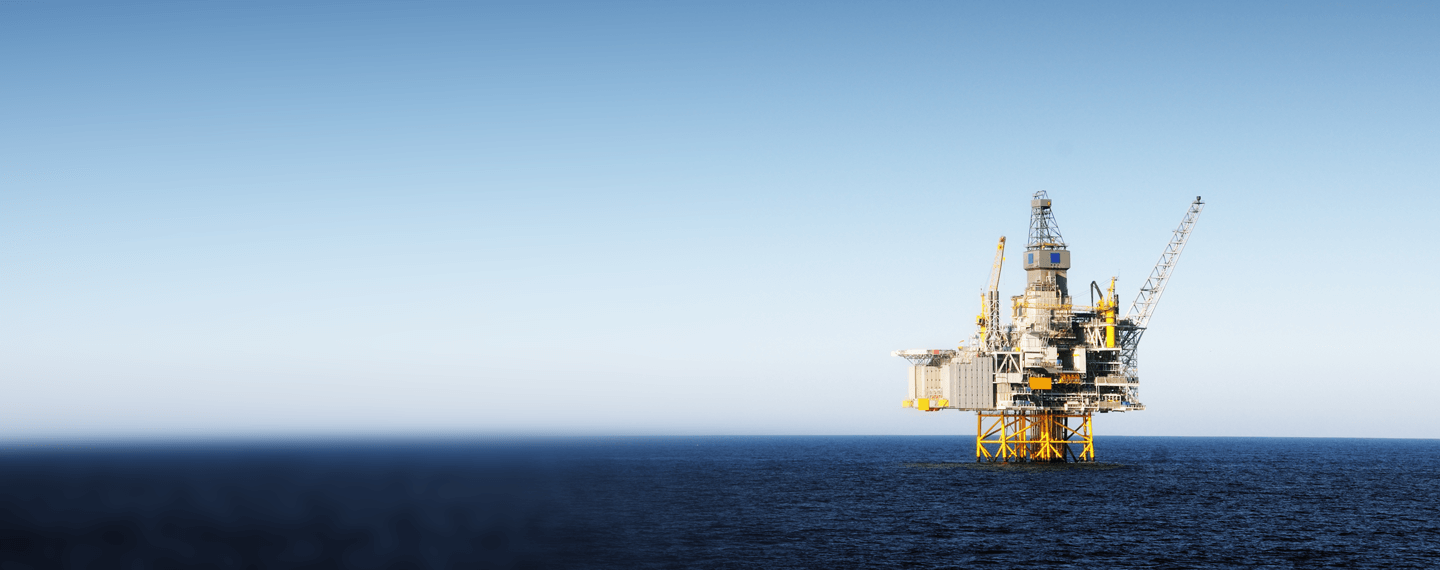You are currently viewing the James Walker Global website.
You are currently viewing the James Walker Global website.

Our aim is to create the most cost‑effective solution with a focus on optimising the lifetime cost of equipment ownership for our customers.
The O-ring, or toroidal seal, is an exceptionally versatile sealing device which James Walker has been manufacturing since this sealing method was introduced in the 1930s. We precision mould O-rings in over 100 grades of high performance and general purpose elastomers to international, national and industry standards, as well as to customer specifications.
O-rings have many benefits, they:
For oil and gas duties we offer a range of highly qualified materials which are certified to industry standards such as Norsok, ISO, NACE and API in addition to specific customer standards such as Total and Shell MESC for performance parameters including chemical resistance, temperature, pressure and resistance to rapid gas decompression events.
Click here for O-rings and materials suitable for subsea oil and gas applications.
Springsele is a range of single piece, bi-directional seals developed by James Walker to meet the demanding environmental requirements of the oil and gas industry. The product has been designed for high pressure applications where extrusion damage is high risk, and a single piece product is beneficial. The seal has the ability to cater for larger clearance gaps at elevated pressures and temperatures, minimising the risk of failure in installation and service.
Springsele is the preferred design for the majority of oil and gas applications, except where the duty is dynamic. This is due to ease of installation and its ability to work efficiently with large clearances. In addition, Springsele has gained acceptance as the standard for sealing casing receptacles in surface wellheads, where it is often used in conjunction with our FS seal.
Springseles can be:
Our machined components enhance the efficiency and reliability of exploration and production operations at oil and gas fields around the world.
Typical areas of application include:
The benefits of using our services and products include;
Click here for our custom metal machining options for subsea oil and gas applications.
All our API certified ring joints are underpinned by our rigorous quality control systems with the following third party assessed Quality Systems approvals:
Our computerised records that follow each machined item contain:
Devlon thermoplastic materials are amongst the toughest and hardest wearing available. Produced by monomer casting and extrusion, they provide a comprehensive range of wear resistance, impact strength and toughness with almost limitless application potential.
Devlon is designed to solve the problems of wear, corrosion and lubrication, directly replacing traditional engineering components manufactured from materials such as bronze, brass, hardened steel, laminates and incorrectly specified low performance plastics.
The advantages are clear:
Click to discover our engineered plastic solutions for subsea applications.
Metal endcap (MEC) seals are normally deployed in equipment on the seabed, typically Christmas Trees, Blow-Out Preventers, Tubing Hangers and Tubing Hanger Running Tools. The seal acts as a barrier to prevent sea water from entering the oil well and critically, to prevent the crude oil and chemicals used in drilling from escaping into the environment. These seals can be deployed in water depths in excess of 3000 m and are subjected to extreme pressure (both internal and external) as well as high temperatures and chemical attack from the media they are sealing.
Every MEC seal is a bespoke design for the customer’s specific application requirements as it serves such a critical role in their well system. Basically it is an elastomeric ring sandwiched between two metal rings. The metal is rigid and supports the rubber preventing it from suffering extrusion damage in high pressure situations and results in a tough robust seal. Achieving the design dimensions is important, as the metal cannot flex like the rubber can for fitting and installation, and so it is critical that the elastomer is not pulled away from the metal and a solid bond is achieved.
Want to discuss your project, engineering or materials challenge expert to expert? Simply provide us with your contact details and a little information about the application you are working on, and one of our experts will contact you as soon as possible.